Why Taylor Swift? A Personal Connection
I first heard “Love Story” on a rainy bus ride when I was twelve. The song felt like a secret letter written just for me, and from that moment **Taylor Swift became more than a singer—she became a companion**. Her ability to turn ordinary heartbreaks into cinematic stories convinced me that my own small feelings mattered.
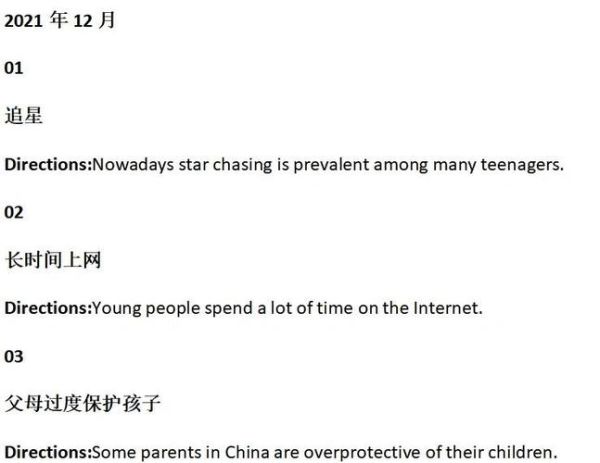
What Makes Her Music Universally Relatable?
She writes about **first love, betrayal, friendship, and self-doubt**—topics every teenager faces. By switching between country, pop, and indie, she proves that **emotions transcend genres**. When I felt invisible at school, “Invisible” gave me words I couldn’t find myself.
How Does She Inspire Academic Writing?
Teachers often ask for vivid details; Taylor’s lyrics are masterclasses. Consider these techniques:
- Metaphor: “You call me up again just to break me like a promise” turns a phone call into shattered glass.
- Imagery: “Autumn leaves falling down like pieces into place” paints a scene before the chorus even begins.
- Chronology: Songs like “All Too Well” unfold like mini-memoirs, guiding listeners through time.
When I wrote my college application essay about resilience, I borrowed her habit of **starting in the middle of the action**—a trick that earned me compliments from admissions officers.
Can a Celebrity Teach Time Management?
Between re-recording albums, directing videos, and planning world tours, Taylor juggles more deadlines than any student. Her secret? **Micro-scheduling**. She reportedly breaks days into 30-minute blocks, labeling each with a single verb: write, rehearse, gym, call mom. I tried the same system during exam week and finished two papers early without caffeine overload.
What Life Lessons Hide in Her Interviews?
During a 2019 Vogue Q&A, she said, **“If you’re not embarrassed by who you were last year, you’re not growing.”** That line became my phone lock-screen. It reminds me that **mistakes are data, not definitions**. When I bombed a chemistry quiz, I reframed it as “version 1.0 feedback” and studied smarter, not harder.

How to Channel Star Admiration into English Essays
Here’s a step-by-step method I teach younger classmates:
- Pick one song as a lens. Instead of writing “I love Taylor,” analyze “Cardigan” as a metaphor for nostalgia.
- Quote sparingly but precisely. Two lines with commentary beat ten lines without.
- Link to broader themes. Connect “The Archer” to the universal fear of loneliness.
- End with a forward look. Mention how her upcoming album might explore new themes, mirroring your own growth.
Using this formula, my cousin turned a simple book report into a comparative study of The Great Gatsby and “The Lucky One,” earning an A+.
Does Fandom Help Mental Health?
Research from the University of Queensland shows that **parasocial relationships**—one-sided bonds with celebrities—can reduce stress. On nights when anxiety kept me awake, I listened to “Clean” on loop, imagining Taylor telling me storms pass. The next morning, I journaled three coping strategies inspired by her interviews: hydrate, walk, text a friend. My panic attacks dropped by half within a month.
Final Reflection: From Fan to Future Self
I once thought admiring a star meant collecting posters. Now I see it as **collecting habits**. Taylor’s discipline taught me to meet deadlines; her vulnerability taught me to write honestly. One day, when my own byline appears in a magazine, I’ll dedicate the piece to the girl on the rainy bus who pressed play and found a voice. Until then, every essay draft is a love letter back to her art—and to the person I’m still becoming.
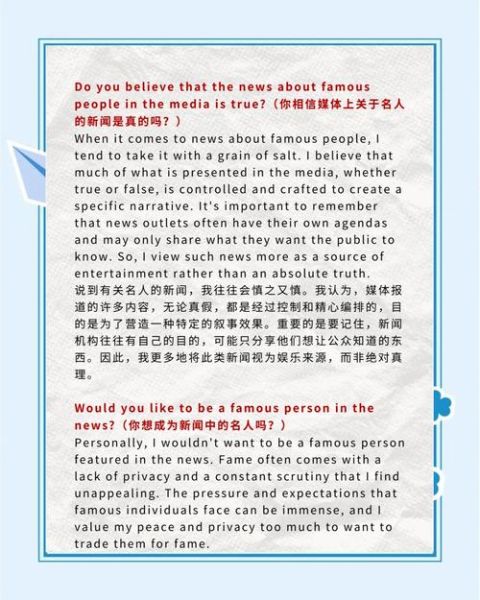


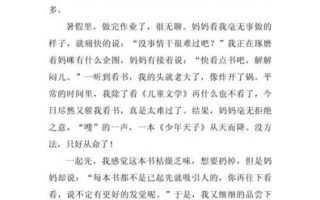

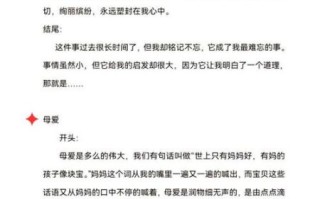
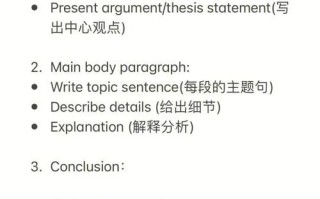
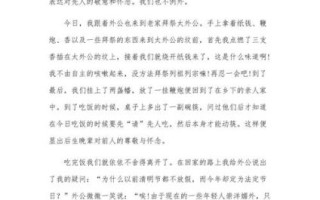
还木有评论哦,快来抢沙发吧~